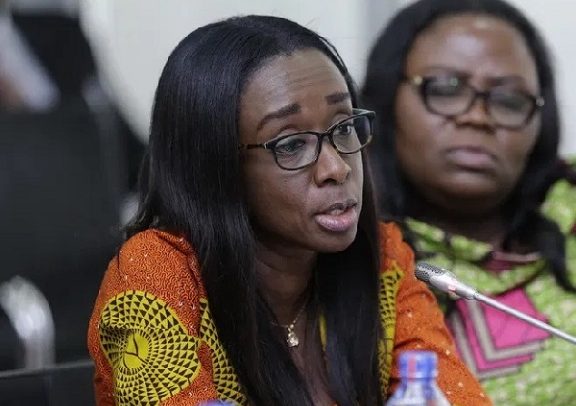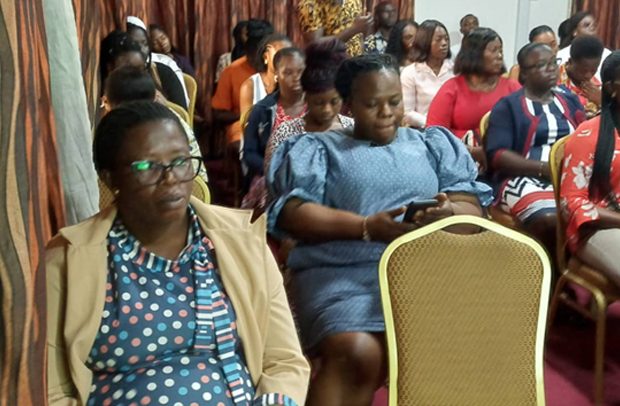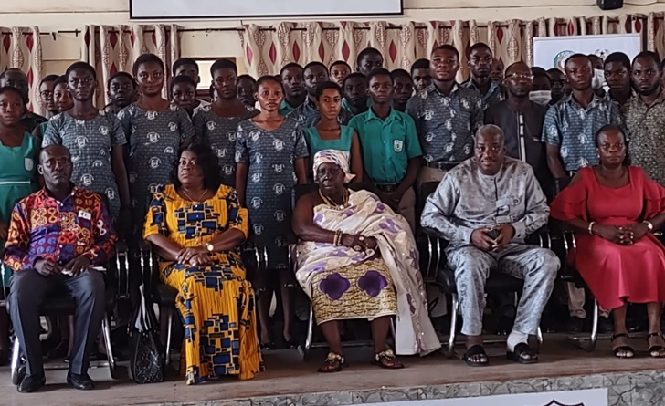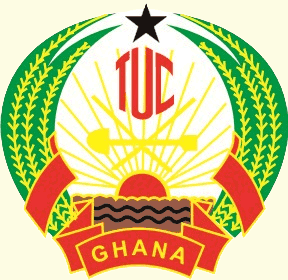,.jpg)
By Seth Danquah, GNA
Takoradi, March 15, GNA - The Ghana National Education Campaign Coalition (GNECC), a coalition of non-governmental organizations (NGOs) in education, has held a day’s sensitization workshop for its members and stakeholders in Takoradi on the “Abidjan Principles”.
The Abidjan Principles promises to be the new reference point for governments, educators and education providers when debating the respective roles and duties of states and private actors in education.
They compile and unpack existing legal obligations that States have regarding the delivery of education, and in particular the role and limitations of private actors in the provision of education.
It also provides more details about what international human rights law means by drawing from other sources of law and existing authoritative interpretations.
Mr Festus Longmatey, Programmes Officer for GNECC, explained that states must respect, protect, and fulfil the right to education of everyone within their jurisdiction in accordance with the rights to equality and non-discrimination.
He said states are enjoined by the Principle to provide free, public education of the highest attainable quality to everyone within their jurisdiction as effectively and expeditiously as possible, to the maximum of their available resources.
Mr Longmatey said states must respect the liberty of parents or legal guardians to choose for their children an educational institution either than a public educational institution, and the liberty of individuals and bodies to establish and direct private educational institutions, subject to the requirement that such private educational institutions conform to standards established by the State in accordance with its obligations under international human rights law.
He said states must take all effective measures, including the adoption and enforcement of effective regulatory measures to ensure the realization of the right to education where private actors are involved in the provision of education.
“States must prioritize the funding and provision of free, quality public education, and may only fund eligible private instructional educational institutions, directly or indirectly, through tax deductions, land concessions, international assistance and cooperation, or other forms of indirect support, if they comply with applicable human rights law and standards and strictly observe all substantive, procedural, and operational requirements”, he added.
Mr Longmatey said international assistance and cooperation must reinforce the building of free, quality, public education systems, and refrain from supporting, directly or indirectly, private educational institutions in a manner that is inconsistent with human rights.
He said states must regularly monitor compliance of public and private institutions with the right to education and ensure all public policies and practices related to this right comply with human rights principles.
He said states must ensure access to an effective remedy for violations of the right to education and for any human rights abuses by a private actor involved in education and should guarantee the effective implementation of the Guiding Principles by all appropriate means.
GNA
Read Full Story

















Facebook
Twitter
Pinterest
Instagram
Google+
YouTube
LinkedIn
RSS